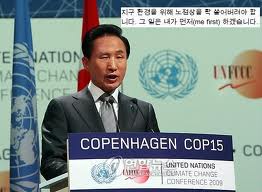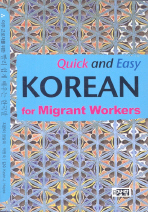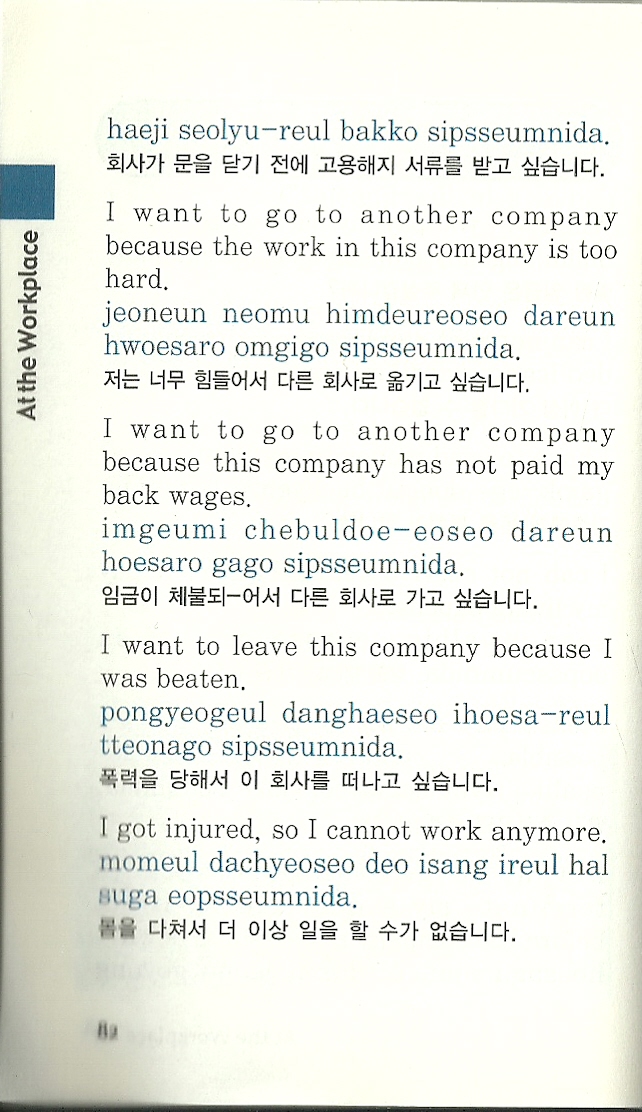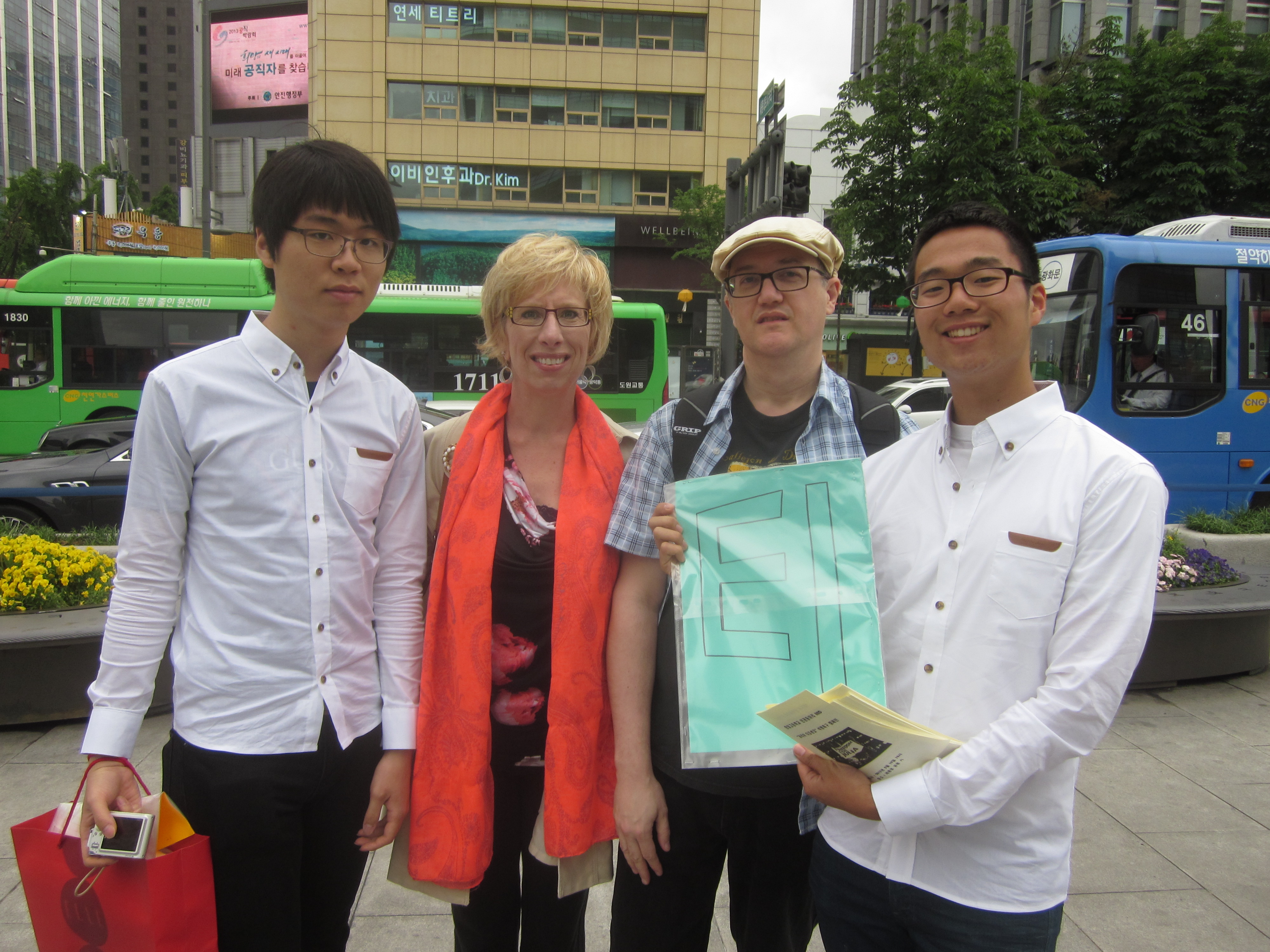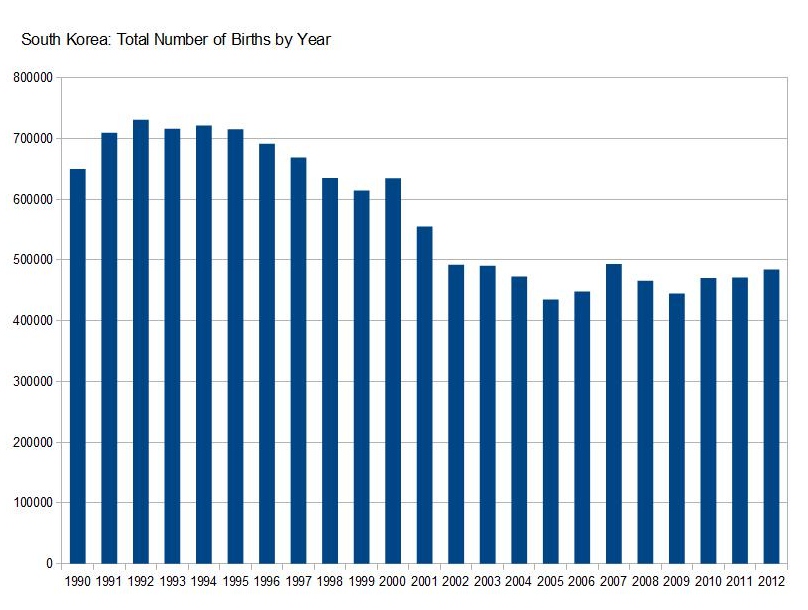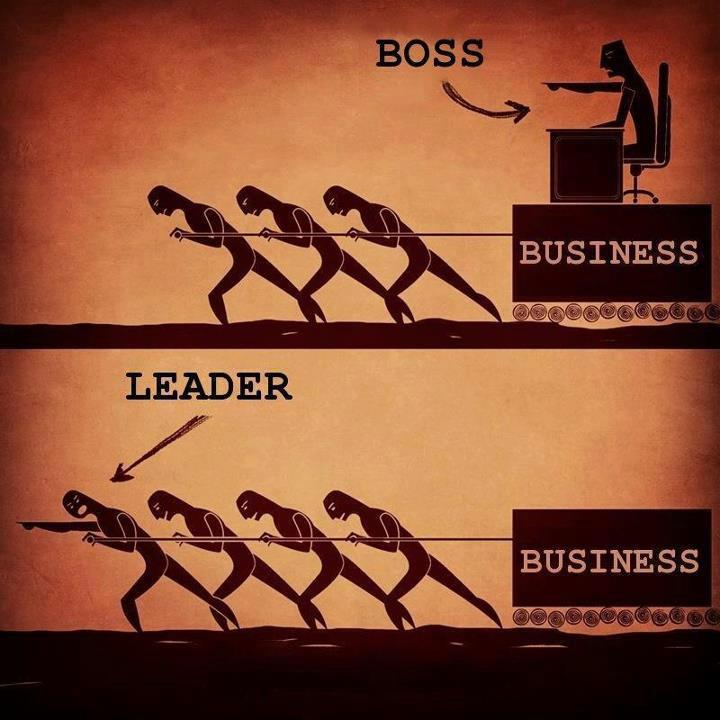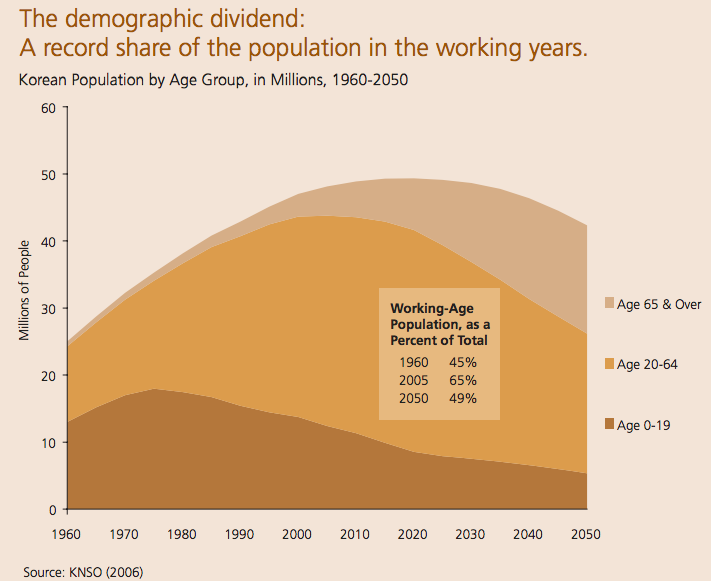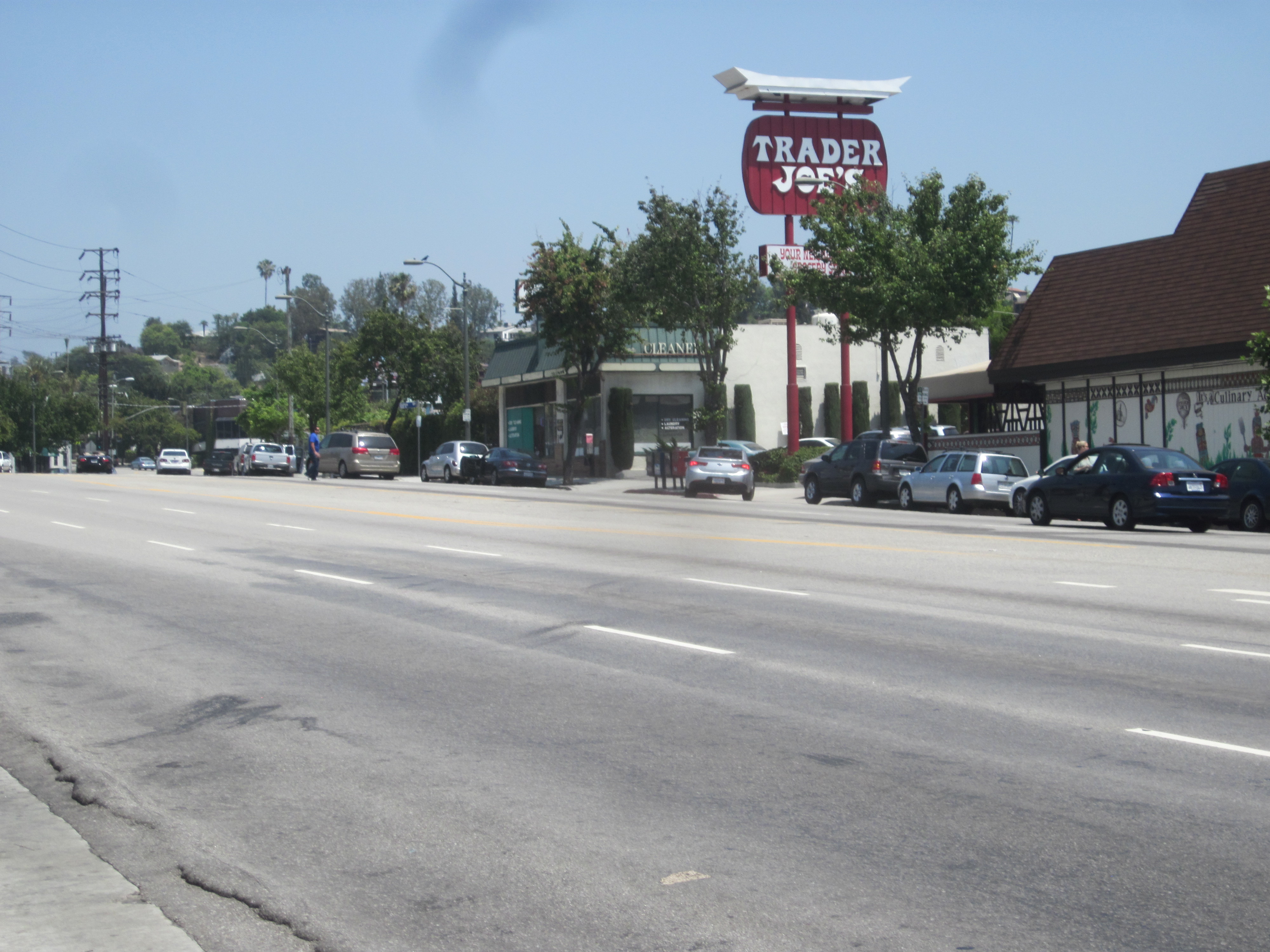There are two main systems for deriving citizenship, which, being essentially legal concepts, go under their Latin names: ius sanguinis and ius solis. The idea of ius sanguinis, or “right of blood,” is that citizenship derives primarily from the bloodline. This is the traditional way of determining citizenship in countries that are primarily monocultural, as the nations of Europe were in the early modern era. Modern Asian countries also mostly use this model. The alternative is ius solis, or “right of soil,” where citizenship is derived from where one is born. I’m not sure that any modern country has a strictly ius solis model, but most modern “Western” countries – especially immigration-driven countries like the US, Canada or Argentina for example – use a combination of ius solis and ius sanguinis to decide citizenship.
I have thought about the issues around these definitions a lot, first of all as someone who was something of an immigration reform activist in the US prior to my own somewhat unintended emmigration (I say unintended in that I never meant for my emmigration to be permanent or even so long-term, but it has definitely evolved that way), but also as someone who is intrigued by the slow, difficult path Korean society and government is navigating toward a more open attitude toward immigration.
I have been observing with some degree of fascination my recent coworker Razel, who is Philippine-Korean. She acquired her status via marriage, but the extent to which she is integrated into Korean culture and society is breathtaking, and although I have no doubt that she occasionally experiences racism and prejudice, she says it’s in no way the defining feature of her experience. I feel jealousy for her level of Korean Language speaking ability – listening to her on the phone talking to her friends, code-switching between English, Korean, Tagalog and Visayan (the latter being her “native” Philippine languages) leaves me in quiet admiration.
Korean culture is uncomfortable with the idea of immigration. They welcome ethnic Korean “returnees,” called 교포 [gyopo], because they can be more confident of their ability to integrate into Korean society, and they more-or-less accept the idea of mixed marriages as an inevitability, too – as in the example of my coworker. But Koreans resist the idea of foreign individuals or families arriving and simply becoming Korean. It doesn’t sit well with their traditional Confucian concept of the predominance of ancestry and their ius sanguinis model of citizenship.
The other day, however, I had a weird brainstorm as I was thinking about my coworker’s mostly successful integration into Korean society. What if we could define a new, third model of citizenship? Specifically, for a more culturally and linguistically homogeneous society such as Korea, we could grant citizenship rights based, essentially, on the ability to participate in the culture – which is to say, the capacity for the language. It wouldn’t be that hard to say something to the effect of “citizenship for those who pass the language test” – though this would require an ethical and corruption-free administration of a well-designed test, which I’m not sure is the current status of Korea’s de facto standard Korean Language test, the TOPIK. But it would be a workable goal. So that would be ius linguae, “right of language.”
One thought that springs to mind is that this is a model that many in the US would be pleased to adopt – force all those “damn immigrants” to learn English before they get a green card or citizenship! Yet even as I’m happy to propose ius linguae for Korea, I recoil at the idea of applying it in the US. What is the difference? Mostly, history. Korea is historically essentially a single language / culture / state – for hundreds at least if not thousands of years. The US, on the other hand, was almost from the beginning a state defined by some concept of essentially “right of arrival” – to recall one of my favorite quotes on immigration, from Herman Melville, “If they can get here, they have God’s right to come.”
There are tensions within this, but that is the essence. Further, the US project is complicated by the preexistence of linguistic minorities – both Native American and French, Spanish, etc. – groups of people who were in place when the US essentially appeared “over” them through war or annexation. The US is an empire, not a unitary state. It hardly seems fair to impose as a requirement for citizenship the imperial language, since to do so guarantees the possibility of stateless permanent residents within your country, similar to the horrific legal status of Koreans living in Japan even today, 70 years after the end of the War. That Japanese example is a perfect one: the inevitable consquence of applying a ius sanguinis citizenship model in the context of empire is inequality and injustice.
I think Korea, however, is sufficiently compact and homogeneous that applying this type of ius linguae model of citizenship might represent an excellent compromise path between the traditional and inevitably racist ius sanguinis and the more modern ius solis / sanguinis hybrids, the latter of which would lead to an increasintly multi-cultural society and the emergence of linguistic / cultural ghettos – Korea already is beginning to have these in places where there are large numbers of foreigners, such as the area I call “Russiatown” that I like to visit sometimes. Granting citizenship only to immigrants who have already shown a commitment to integrating into Korean culture via the acquisition of the language would be a great solution, maybe.
This is just a brainstorm – a first draft – that occured to me mostly while walking back and forth to work over several days. I’m sure it’s subject to plenty of criticisms and refinements, but I wanted to record my thoughts and put them down.
In other news: yesterday, I turned off the internet and my phone and did almost nothing. It was a lazy day but I think I needed it. I am in danger of social burnout given the teaching load I have taken on (willingly), so I’m going to nurse my off-time for maximum isolation, as my alone time is recuperative for me.
[daily log (1100 pm): walking, 5 km]

